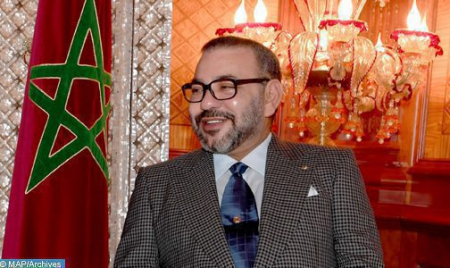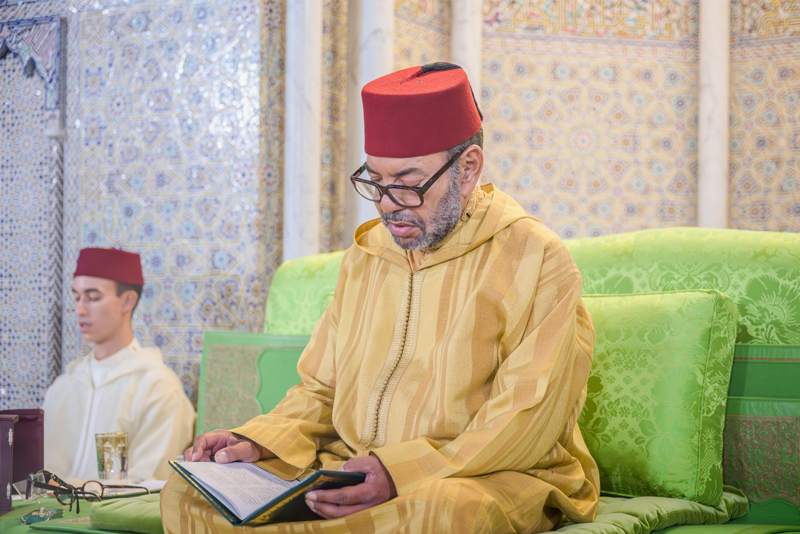King Mohammed VI has called for more international support and cooperation to enable African countries to mitigate the impacts of the soaring inflation affecting the global economy and enhance their resilience in the face of external shocks.
In a message to participants in the 2022 Meeting of the African Caucus of Finance Ministers & Central Bank Governors of African Countries, which opened Tuesday in Marrakech, the King said the African continent has been one of the most affected regions by the Covid-19 pandemic, the global disruptions in supply chains, growing inflationary pressures and record increases in energy, food and raw material prices.
This situation has led to a decline in the economic growth and difficult social conditions in many African countries, underlined the Monarch in his message read out by Economy & Finance Minister Nadia Fettah Alaoui.
The international community – the IMF and the WB included – helped countries affected by Covid-19 pandemic and Ukraine crisis through a number of initiatives aimed at easing the burden of the debt service in particular, reducing the financing gap, and preserving external balances, underlined the royal message.
However, as commendable as these initiatives may be, they remain insufficient, given the magnitude of the challenges facing African countries as they seek to achieve sustainable, comprehensive development, said the Monarch, noting that the structural deficiencies remain in African countries’ economic growth models and social protection schemes.
Therefore, “it is necessary today to pool efforts in order to address imbalances and shortcomings through the preparation of comprehensive development programs, with clear objectives and innovative financing mechanisms, in which the African citizen comes first”, affirmed the King.
External debt remains one of the biggest economic challenges in Africa because of the increasing burden it poses on most African countries’ limited resources and compromises the future of upcoming generations as well as their legitimate right to development and prosperity, said the royal message.
It called on the Bretton Woods institutions, in cooperation with other regional and international financial institutions, to come up with technical solutions and appropriate financing mechanisms to improve the debt situation in African nations, especially low-income countries.
However, such financing solutions are of a provisional nature given the huge financing gap African countries are grappling with amid significant financing needs, to the tune of hundreds of billions of dollars annually, added the King.
He stressed the need to develop additional financing options of a structural nature, based mostly on the mobilization of more domestic resources through structural reforms that increase the effectiveness of tax systems, ensure efficient public spending and attract foreign investment, in addition to developing public-private partnership mechanisms.
The Monarch also tackled the problem of climate change, saying it is one of the most urgent challenges facing the continent, given its serious, long-term consequences on life in African countries.
Although African nations account for the smallest share of greenhouse gas emissions which cause climate change, they are, sadly, among the countries most affected by the impacts of this phenomenon, as shown by successive years of drought, declining rainfall and the accelerated pace of desertification, said the King.
He urged the international community to mobilize the necessary financial and technical resources needed to assist African countries in their efforts to mitigate the effects of climate change or adapt to them. To date, Africa remains the continent that has benefited the least from the funds pledged within the framework of the Paris climate agreement.
In parallel, African countries should revisit their development models to promote more sustainable production and consumption patterns that take into account climate change constraints, underlined the Moroccan King, noting that digital transition provides enormous development opportunities for African countries which need to foster further south-south cooperation to improve their economies.



